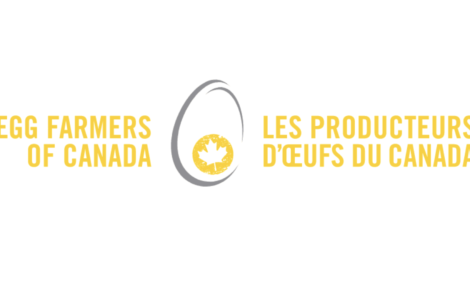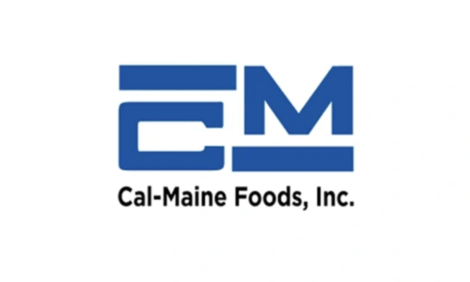



South African Chicken Producers Intensify Bid for Import Duties
SOUTH AFRICA - South African chicken producers are once again fighting against cheap imports by asking for drastic increases in import duties.Last year, chicken producers received temporary relief from imports when the International Trade Administration Commission (Itac) introduced provisional payments against Brazilian imports. It came to an end when the final determination of the anti-dumping duties were sent back to Itac by the trade and industry minister at the end of last year.
According to BusinessDay, some of the more cynical industry players question whether South Africa’s hosting of the Brics (Brazil, Russia, India and China and South Africa) summit last month played a role in the government not wanting to take on a member of the bloc. With thousands of jobs at stake in the industry, producers have turned to Itac for protection far wider than that against Brazilian imports.
The South African Poultry Association says imports of frozen chicken meat have increased dramatically since 2008, even threatening the survival of South Africa’s biggest chicken producers.
The association says imports of extremely low-priced frozen chicken meat grew from 97,565 tons in 2008 to 238,582 tons last year. Kevin Lovell, CEO of the poultry association, says the situation is compounded by restrictions on South Africa’s regional exports.
If the application is not successful and the flood of low-priced chicken meat continues it may lead to 20,000 job losses. The industry employs 48,000 people with the five largest producers — Rainbow Farms, Astral Operations, Sovereign Food, Afgri Poultry and Supreme Poultry — employing more than 22,000 people.
Mr Lovell fears a reduction in the food security position of the Southern African Customs Union (Sacu) could occur, with lower rates of investment in the industry and a reduction in the contribution of the poultry sector to the gross domestic product (GDP).
According to the association, poultry represents a quarter of the animal product contribution to GDP, which amounted to R25bn in 2011, compared with R19.8bn in 2008. Profit margins at the five major producers had been reduced from double-digit figures in 2006 to margins ranging between 2.4 per cent and 5.9 per cent last year.
"The world’s major poultry producers are targeting developing countries such as South Africa and others in the Sacu region to dispose chicken portions for which there is little or no demand in their domestic markets", Mr Lovell says in his affidavit filed with Itac.
The association is asking for a general increase in the tariffs of carcasses, whole birds, cuts and offal, boneless cuts and bone-in portions. In the case of carcasses, it is asking for an increase of R9.84/kg up to the maximum bound rate of 82 per cent agreed to in terms of the World Trade Agreement — from 27 per cent at present.
In the case of whole birds the South African Poultry Association is asking for an increase of R11.07/kg, subject to a maximum rate of 82 per cent when the currency conversion has been made.
The Association of Meat Importers and Exporters has fought back, saying the proposed tariff increases were draconian and would certainly lead to an increase of prices at the till ranging from 30 per cent to 50 per cent. The association’s CEO David Wolpert says about 40 importers are affected by the application and would respond to Itac. He says the association will oppose the application.
According to Mr Wolpert, 30 per cent of the affected products are imported from Brazil, 50 per cent from the European Union and the rest from Thailand, Argentina, the US and Canada. European Union products are not affected because of the free-trade agreement it has with South Africa.
Mr Wolpert says association statistics show imports have grown from 181,000 tons in 2006 to 237,000 ton s last year. The fact that the South African Poultry Association is taking 2008 figures — in the midst of the economic crisis — was a bit disingenuous, he says.
Donald MacKay, a director at XA International Trade Advisors, who has been closely involved in the chicken tariff applications, says the documents filed with Itac are quite emotive and selective with their information. He does not deny that the local industry finds itself in a tight spot, but says it is a little too convenient to attribute all of its woes to imports. Mr MacKay says he is not convinced that the duty increases would solve all the problems in the industry.
According to Mr Wolpert the industry has suffered from substantial input cost increases — including for electricity, animal feed and labour costs. Rainbow was facing a strike by members of the Food and Allied Workers Union employed in Rustenburg and who were demanding a R700 wage increase, while Rainbow was offering R303.
Mr Wolpert says the market share of importers is between 10 per cent and 12 per cent. "It is impossible that such a small market share could lead to such a huge impact."
The poultry association says the import market is closer to 20 per cent and acknowledges the effect of increased input costs, referring to electricity costs that have risen between 75 per cent and 140 per cent over the past three years while Brazil was about to cut power prices by 28 per cent-32 per cent.
Mr Lovell says the requested tariff increases will result in "some price increases", but the association claims that jobs will be saved and it is estimated that an additional 11,995 direct and 14,892 indirect jobs would be created in the poultry and support industries. The increased tariffs would give breathing space for local producers to increase investment, they say.











